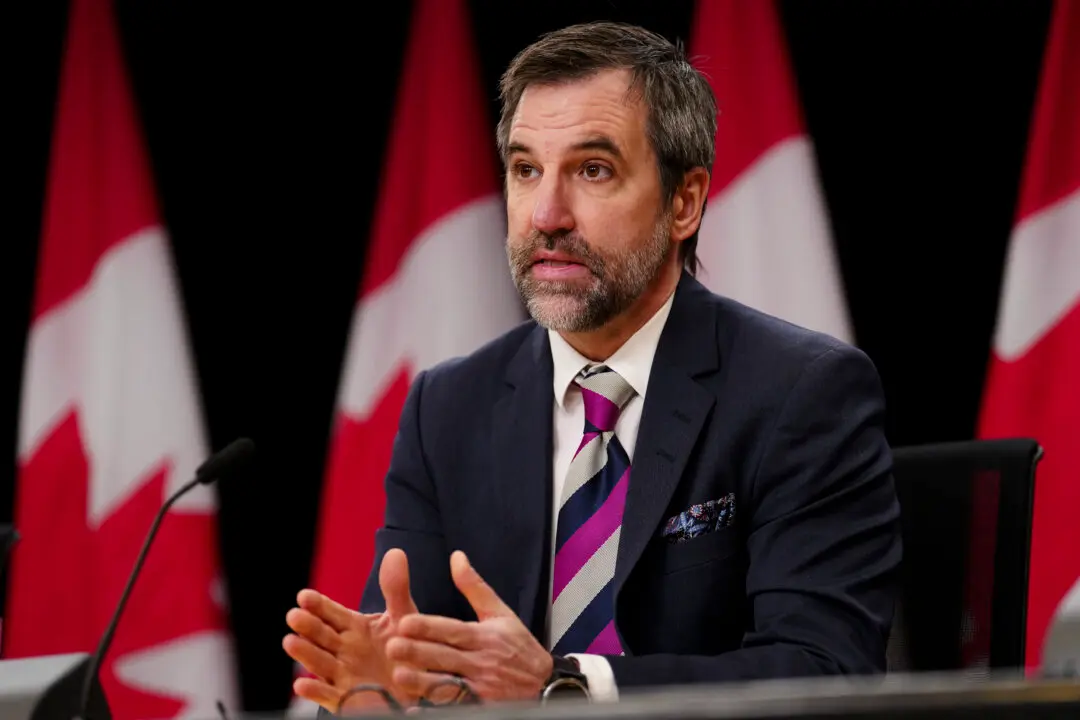Environment Minister Steven Guilbeault told MPs on a parliamentary committee that carbon pricing is estimated to have reduced emissions by nearly 3 percent, while one of his officials says the carbon tax was responsible for around 1 percent in reductions.
Mr. Guilbeault was asked to provide data on reductions attributed to the carbon tax during his testimony at the House of Commons environment committee on May 21. He initially said the reduction amounted to 19 megatons in 2022.





